Ancient Greece is known for its rich history, philosophy, and art. However, beneath the well-known achievements lie secrets that continue to fascinate historians and enthusiasts alike.
From advanced technology to unusual customs, these lesser-known facts offer a glimpse into a world both familiar and astonishing.
In this post, we’ll uncover twelve secrets of Ancient Greece that promise to amaze and intrigue you, providing fresh insights into an ancient civilization that laid the foundation for much of modern Western culture.
1. The Antikythera Mechanism
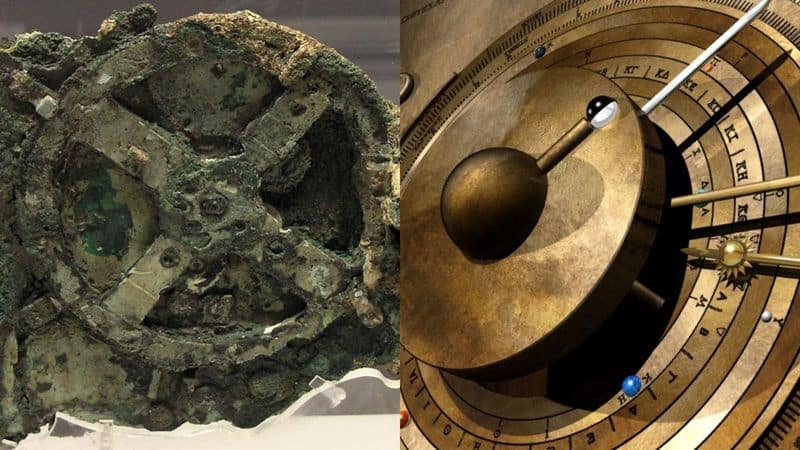
Discovered in a shipwreck off the coast of Antikythera, this ancient analog computer amazed scientists with its complexity.
Dating back to 150-100 BC, it could predict astronomical positions and eclipses decades in advance.
The mechanism’s sophistication suggests knowledge of technology far ahead of its time, challenging our understanding of ancient engineering capabilities.
2. The Oracle of Delphi’s Enigmatic Trances
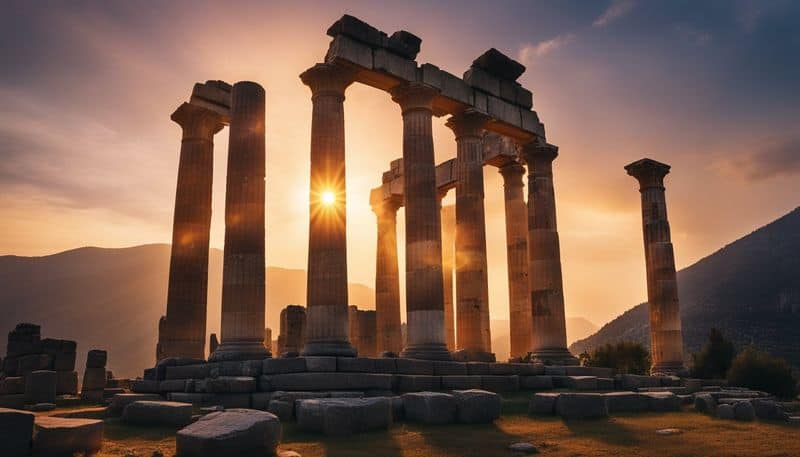
The Oracle of Delphi was famous for her cryptic prophecies, often delivered in trances induced by natural gases seeping through fissures in the earth.
These vapors caused hallucinations, allowing the Oracle to communicate with Apollo, the god of prophecy.
Pilgrims from all over Greece visited to seek guidance, entrusting their fate to her mysterious visions.
3. Ancient Greek Underwater Warfare

Ancient Greeks pioneered early underwater warfare techniques, using divers to sabotage enemy ships.
With simple diving equipment, they could cut anchor ropes or drill holes below the waterline.
This innovative strategy demonstrated their tactical ingenuity in naval battles, laying the groundwork for future underwater operations.
4. Plato’s Lost City of Atlantis

The story of Atlantis, a prosperous city that vanished into the sea, was first mentioned by Plato.
Considered a cautionary tale of hubris and divine retribution, it has intrigued explorers and scholars for centuries.
While its existence remains unproven, the legend of Atlantis continues to inspire imaginations, fueling quests for its fabled location.
5. The Sacred Band of Thebes
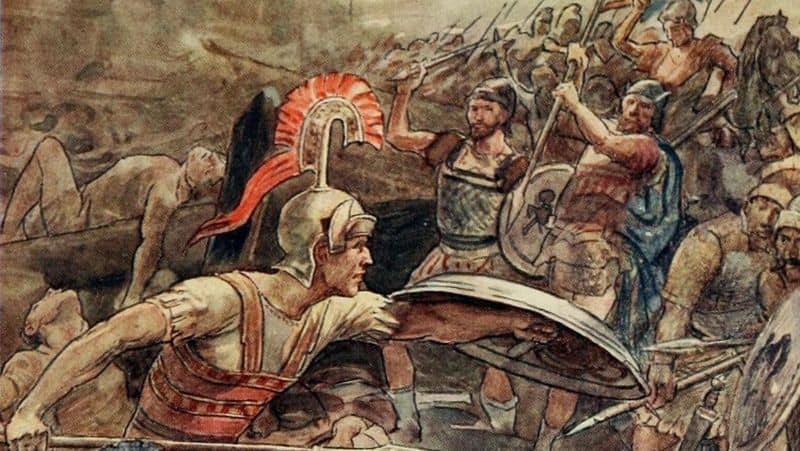
The Sacred Band of Thebes was an elite military unit, composed of 150 pairs of male lovers.
Their profound personal bonds fueled extraordinary bravery and cohesion in battle, leading to decisive victories.
This unique formation highlighted the social acceptance of same-sex relationships in ancient Greece, reflecting cultural values centered on love and loyalty.
6. Echoes of the Eleusinian Mysteries
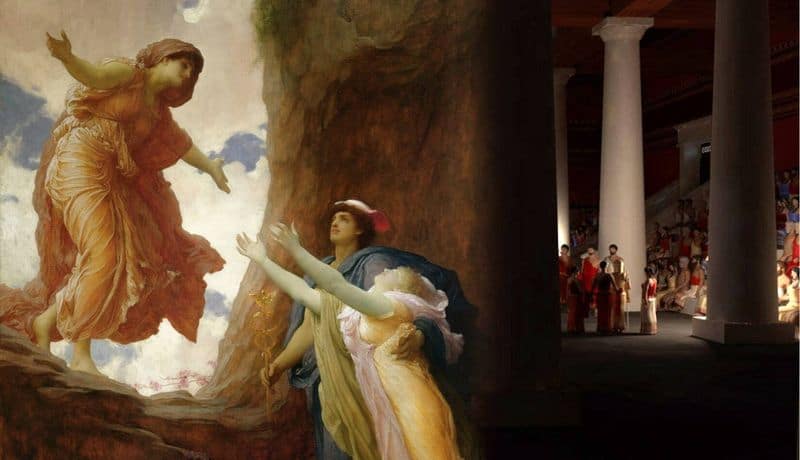
The Eleusinian Mysteries were secret religious rites held annually in honor of Demeter and Persephone.
Participants experienced profound spiritual transformations, believing they gained insights into life and the afterlife.
The exact nature of the rituals remains a mystery, as initiates were sworn to secrecy, adding to the allure and mystique of these ancient ceremonies.
7. Herodotus’s Fascination with Giant Ants
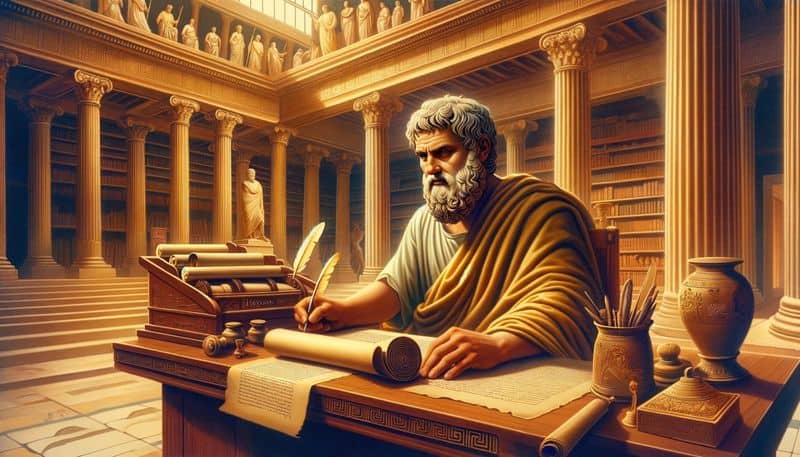
Herodotus, the father of history, described giant ants in India that supposedly mined gold.
Though likely a misinterpretation, the tale captivated the ancient world, blending fact with fiction.
This story illustrates the Greeks’ curiosity and willingness to embrace the fantastic, broadening their understanding of the world through imagination.
8. The Healing Waters of Epidaurus
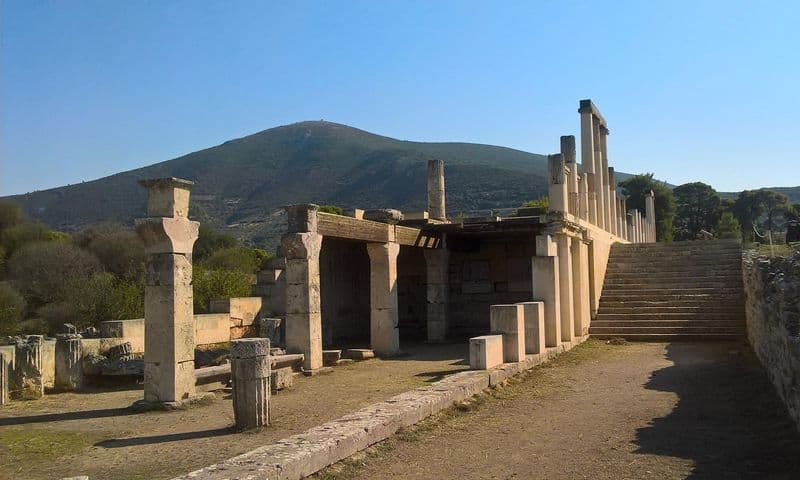
The Sanctuary of Asclepius at Epidaurus was renowned for its healing waters and medical practices.
Pilgrims sought cures through dream incubation, where divine intervention would reveal treatments.
This blend of faith and medicine reflects the Greeks’ holistic approach to health, integrating spiritual and physical healing in a sacred setting.
9. The Bizarre Diet of Spartan Warriors

Spartan warriors adhered to a strict diet, famously consuming a black broth made from pig’s blood, vinegar, and salt.
This austere meal symbolized their discipline and resilience, essential qualities for their martial lifestyle.
The unique dietary practices of Sparta highlight the cultural emphasis on simplicity and endurance, key aspects of Spartan identity.
10. Architectural Wonders of the Acropolis
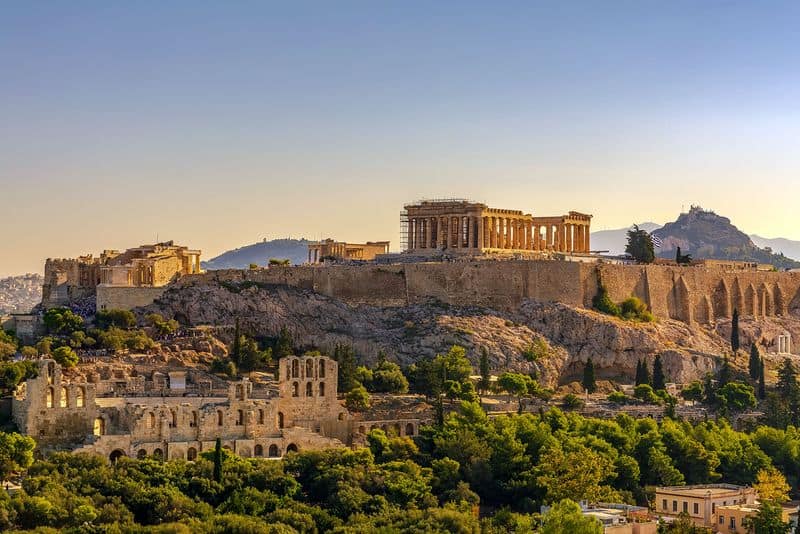
The Acropolis of Athens is a testament to architectural genius, featuring structures like the Parthenon, designed by Phidias.
Its precise proportions and optical illusions, such as curved columns, demonstrate advanced understanding of human perception.
These innovations highlight the Greeks’ pursuit of beauty and harmony, influencing architecture for centuries to come.
11. Pythagoras’s Musical Discoveries

Pythagoras, known for his theorem, also explored the connections between music and mathematics.
He discovered musical intervals could be expressed as ratios, laying the foundation for Western music theory.
These insights illustrate the Greeks’ ability to intertwine different fields of knowledge, enhancing both the arts and sciences.
12. The Curious Case of the Olympic Truce
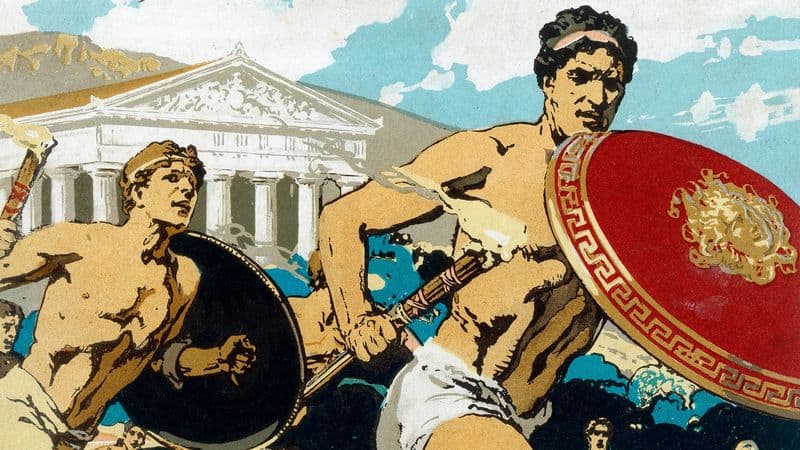
During the Olympic Games, a sacred truce was declared, halting all conflicts to allow safe passage for athletes and spectators.
This period of peace reflected the high value placed on athletic competition and unity.
The Olympic truce exemplifies the Greeks’ commitment to harmony and the celebration of human potential, transcending political differences.

